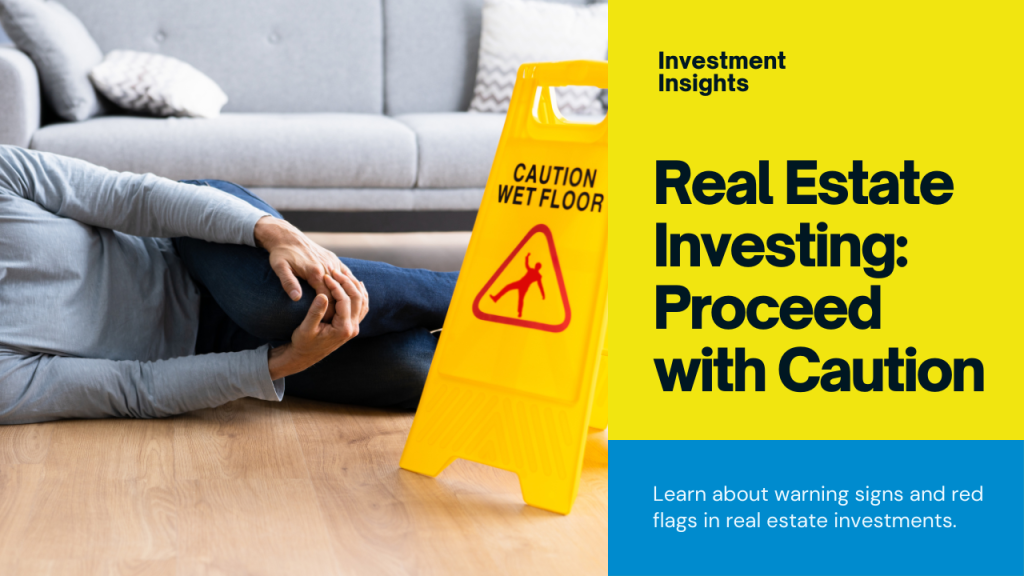Even while real estate might present alluring investment prospects, there are instances in which it could be wise to proceed cautiously and avoid making an investment. As crucial as understanding when to take advantage of investing possibilities is knowing when not to invest in real estate.
There are times when it can be prudent to put off investing in real estate, such as during uncertain economic times or volatile markets. Recessions, downturns in the economy, or corrections in the housing market can have a negative effect on property values and rental demand, which could reduce investment returns. To avoid buying real estate at the top of the market cycle, it is crucial to thoroughly evaluate the market and economic conditions before making a real estate purchase.
Interest rates and finance availability are other factors to take into account. The cost of borrowing to finance a real estate project may outweigh the possible benefits in situations where interest rates are high or there are few financing options. In these situations, it might be wise to hold off on making an investment until more advantageous financing circumstances arise.
Your decision-making process should also take your risk tolerance and individual financial situation into account. Investing in real estate may not be the best idea right now if you’re dealing with unstable finances, a lot of debt, or low cash on hand. Similarly, it could be advisable to wait until later if you’re concerned with the dangers involved with real estate investing or don’t have the time or resources to properly manage investment properties.
Similarly, it can be wise to wait until you’re in a better position to handle the duties of property ownership if you’re concerned with the dangers involved in real estate investing or don’t have the time or resources to manage investment properties well.
In the end, being patient and cautious while thinking about real estate investments will help you stay out of trouble and maintain your financial security. You can make well-informed decisions that support your long-term financial objectives by carefully evaluating the state of the market, your financing options, and your unique situation.


